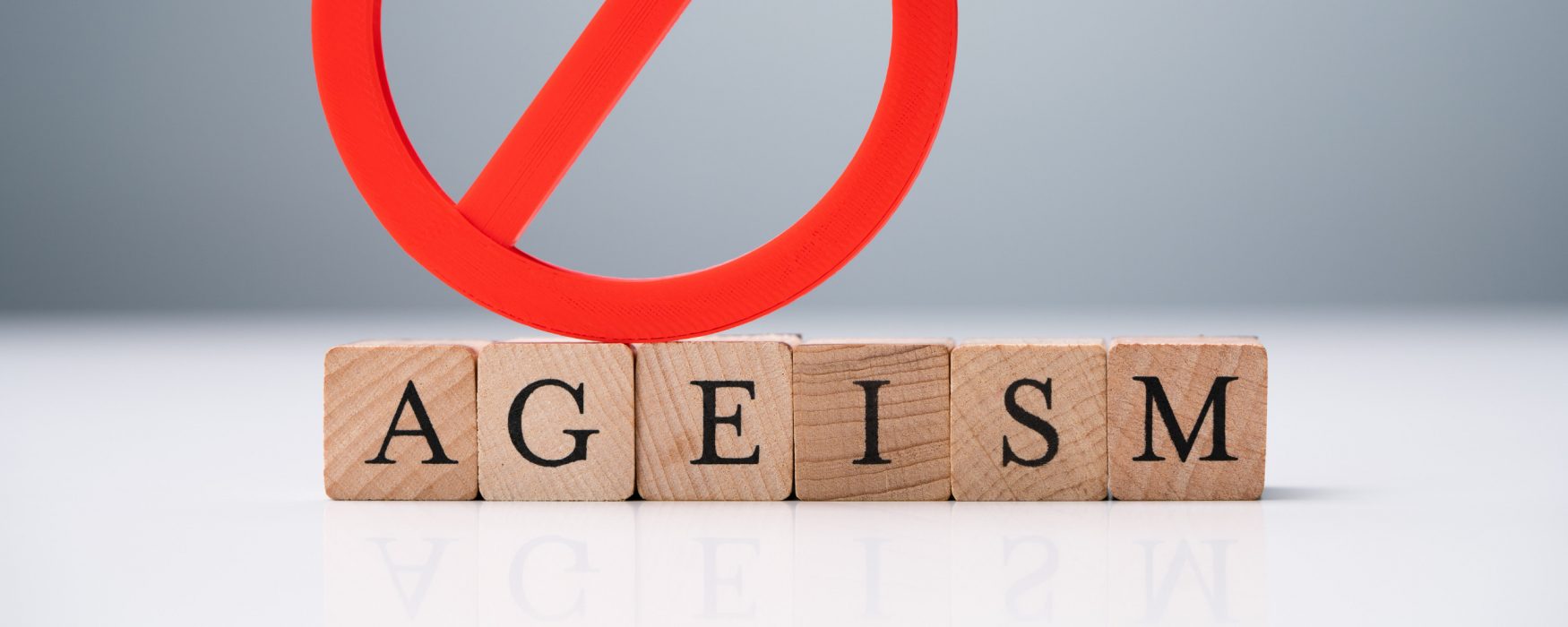
By Heather Nezich, courtesy of SBAM-approved partner, ASE
SHRM recently published a study that presents new findings on age discrimination at work and its impact on the American workforce. According to the research, approximately 30% of workers in the United States have experienced unfair treatment based on their age at some point in their careers. Out of these individuals, 72% have admitted that such mistreatment has made them contemplate quitting their jobs.
The data collected between February and April 2023 carries significant importance due to the ongoing trend of delayed retirement. More and more individuals are opting to continue working beyond the traditional retirement age, resulting in the emergence of a multi-generational workforce. It is crucial to comprehend and address the issue of age discrimination in order to foster inclusive work environments that appreciate employees of all age groups.
Other key findings include:
- 11% of HR professionals agree that older employees are not always treated as fairly as younger employees.
- 26% of U.S. workers aged 50 and older say they have been the target of age-related remarks in the workplace over the past six months.
- Among U.S. workers aged 50 and older, 1 in 10 say in the past six months they have often or always felt less valuable at work compared to younger workers.
- Nearly 1 in 5 HR professionals (17%) say they have received reports of perceived ageism in their workplace.
- HR professionals who work for organizations that offer diversity, equity and inclusion training are significantly less likely to report that age has played a role in decisions made during the job application process (26%) compared to HR professionals who work for organizations that do not offer such training (40%).
- Common age stereotypes remain somewhat prevalent. According to people managers, older employees are more likely to be perceived by others as not competent with technology (49%), resistant to new ways of doing things (38%), and stubborn or grumpy (48%).
Ageism in the workplace can have significant effects on both employers and employees. Ageism creates a negative and hostile work environment for older employees. They may experience discrimination, exclusion, and unfair treatment solely based on their age. This can lead to decreased job satisfaction, lower self-esteem, and increased stress levels among older workers. Moreover, ageism can limit career advancement opportunities for older employees, making them feel undervalued and marginalized. As a result, they may become disengaged and less motivated, ultimately affecting their productivity and overall contribution to the organization.
Secondly, ageism in the workplace can have detrimental effects on organizational performance. By perpetuating stereotypes and biases against older workers, companies miss out on valuable skills, knowledge, and experience that older employees bring to the table. This limits diversity of thought and hinders innovation and creativity within the organization. Ageism also undermines teamwork and collaboration by creating divisions and conflicts among different age groups.
Organizations that engage in age discrimination may face legal repercussions, damage to their reputation, and difficulties in attracting and retaining talented individuals from all age groups. By disregarding the talents and contributions of older workers, organizations miss out on the opportunity to create a diverse and inclusive workforce that can drive success and competitiveness.
Preventing ageism in the workplace requires a proactive approach that promotes inclusivity and values employees of all age groups. By actively addressing ageism and promoting a culture of inclusivity, organizations can create a positive work environment that benefits employees and contributes to long-term success.
Source: CCH AnswersNow; SHRM